 Cooperatives Working Together (CWT) helped member cooperatives secure contracts to sell 4.61 million pounds of American-type cheeses, 4.21 million pounds of butter and 923,737 pounds of whole milk powder to customers in Asia, Central America, Europe, the Middle East, North Africa and Oceania. The product will be sent to customers in 16 countries in five regions. It will be shipped from April-October 2018.
Cooperatives Working Together (CWT) helped member cooperatives secure contracts to sell 4.61 million pounds of American-type cheeses, 4.21 million pounds of butter and 923,737 pounds of whole milk powder to customers in Asia, Central America, Europe, the Middle East, North Africa and Oceania. The product will be sent to customers in 16 countries in five regions. It will be shipped from April-October 2018.
The 2018 year-to-date total of CWT-assisted dairy product sales contracts is 33.77 million pounds of cheese, 9.82 million pounds of butter and 923,737 pounds of whole milk powder. The total tonnage is up 44 percent compared to the first four months of 2017. These transactions will move overseas the equivalent of 539.45 million pounds of milk on a milkfat basis. The amounts of dairy products and related milk volumes reflect current contracts for delivery, not completed export volumes. CWT will pay export assistance to the bidders only when export and delivery of the product is verified by the submission of the required documentation.
In April, CWT began implementing a strategic plan reviewed by the CWT Committee the previous month. The changes will enhance the effectiveness of the program and facilitate member export opportunities. The revisions to the program’s operating procedures, effective April 18, include:
- Extending eligibility to whole milk powder and blends of natural cheeses (e.g. Colby/Jack);
- Establishing eligible volumes of butter and whole milk powder at a maximum of 150 MT;
- Establishing eligible volumes of cheese at a maximum of 300 MT;
- Extending the delivery period for cheese to 180 days, and;
- Allowing exceptions to the volume and delivery periods for butter and whole milk powder, if merited.
These provisions are the first in a series of anticipated changes to the program’s operating procedures. CWT is currently evaluating the possibility of including additional items on the list of eligible products. More information will be released as appropriate.
Both now and in the years ahead, a thriving U.S. dairy export sector is critical to the growth and viability of dairy farmers across the country. Whether or not a cooperative is actively engaged in exporting cheese, butter or whole milk powder, the domestic market cannot absorb the current level of domestic milk production. CWT helps move domestic dairy products to overseas markets by helping to overcome certain disadvantages, such as the domestic/global price gap and shipping costs.
All cooperatives and dairy farmers are encouraged to add their support to this important program. Membership forms are available on the CWT website.

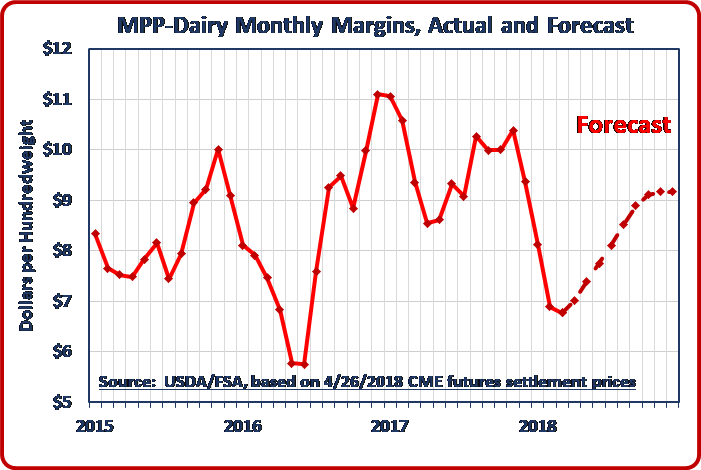 The monthly margin for March under the dairy Margin Protection Program (MPP) dropped an additional $0.12/cwt. from February to $6.77/cwt. This was the fourth monthly drop in the MPP margin, but a much smaller one than the previous three, which were each greater than $1.00/ cwt. The March all-milk price increased by $0.30/cwt. from February, to $15.60/cwt. The March feed cost formula was up by $0.42/cwt. from February, with the increase split almost evenly, on a per-hundredweight-of-milk basis, between gains in prices for all three of the formula’s feed cost components.
The monthly margin for March under the dairy Margin Protection Program (MPP) dropped an additional $0.12/cwt. from February to $6.77/cwt. This was the fourth monthly drop in the MPP margin, but a much smaller one than the previous three, which were each greater than $1.00/ cwt. The March all-milk price increased by $0.30/cwt. from February, to $15.60/cwt. The March feed cost formula was up by $0.42/cwt. from February, with the increase split almost evenly, on a per-hundredweight-of-milk basis, between gains in prices for all three of the formula’s feed cost components.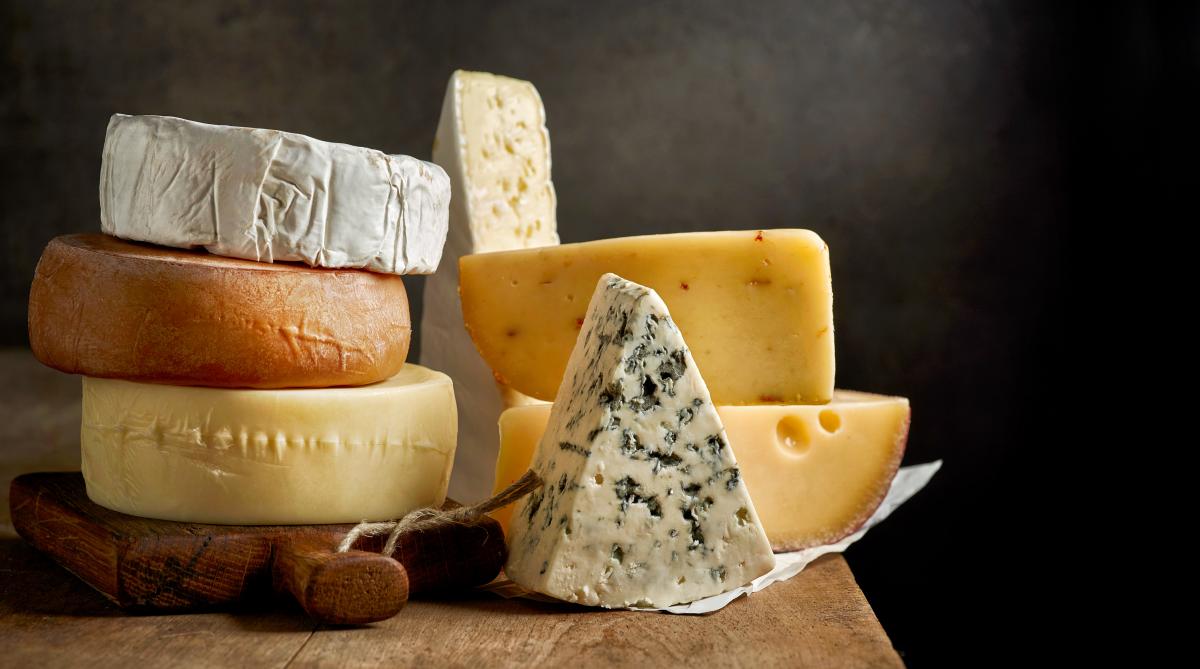 Mexican and European trade officials have concluded negotiations on a trade accord that could generate new trade barriers for U.S. dairy producers and processors. Although the European Union (EU) was unsuccessful in its effort to replicate the duty-free access to the Mexican dairy market enjoyed by the United States, Mexico did bow to EU pressure to restrict certain cheese exports from the United States.
Mexican and European trade officials have concluded negotiations on a trade accord that could generate new trade barriers for U.S. dairy producers and processors. Although the European Union (EU) was unsuccessful in its effort to replicate the duty-free access to the Mexican dairy market enjoyed by the United States, Mexico did bow to EU pressure to restrict certain cheese exports from the United States. With negotiations over the North American Free Trade Agreement (NAFTA) moving closer to a resolution in 2018, NMPF remains focused on keeping the pressure on the Trump Administration to deliver on the dairy industry’s goals for a successfully modernized agreement.
With negotiations over the North American Free Trade Agreement (NAFTA) moving closer to a resolution in 2018, NMPF remains focused on keeping the pressure on the Trump Administration to deliver on the dairy industry’s goals for a successfully modernized agreement.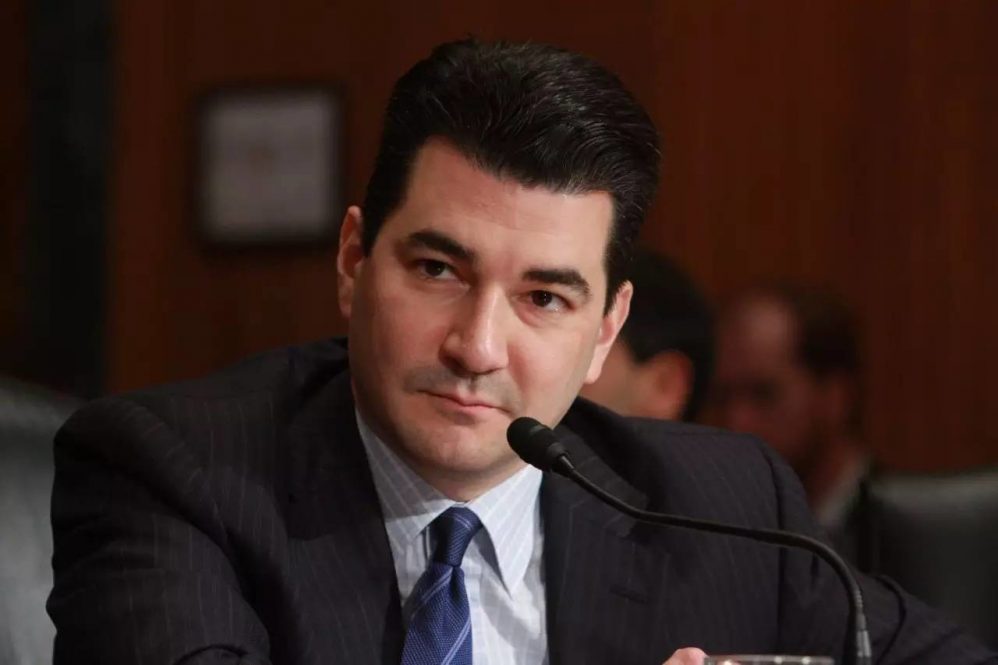 Scott Gottlieb (pictured right), commissioner of the U.S. Food and Drug Administration (FDA), said last month that the agency will take “a very close and fresh look” at plant-based dairy imitators that use dairy terms on their packaging, acknowledging that federal standards define milk as sourced from animals.
Scott Gottlieb (pictured right), commissioner of the U.S. Food and Drug Administration (FDA), said last month that the agency will take “a very close and fresh look” at plant-based dairy imitators that use dairy terms on their packaging, acknowledging that federal standards define milk as sourced from animals.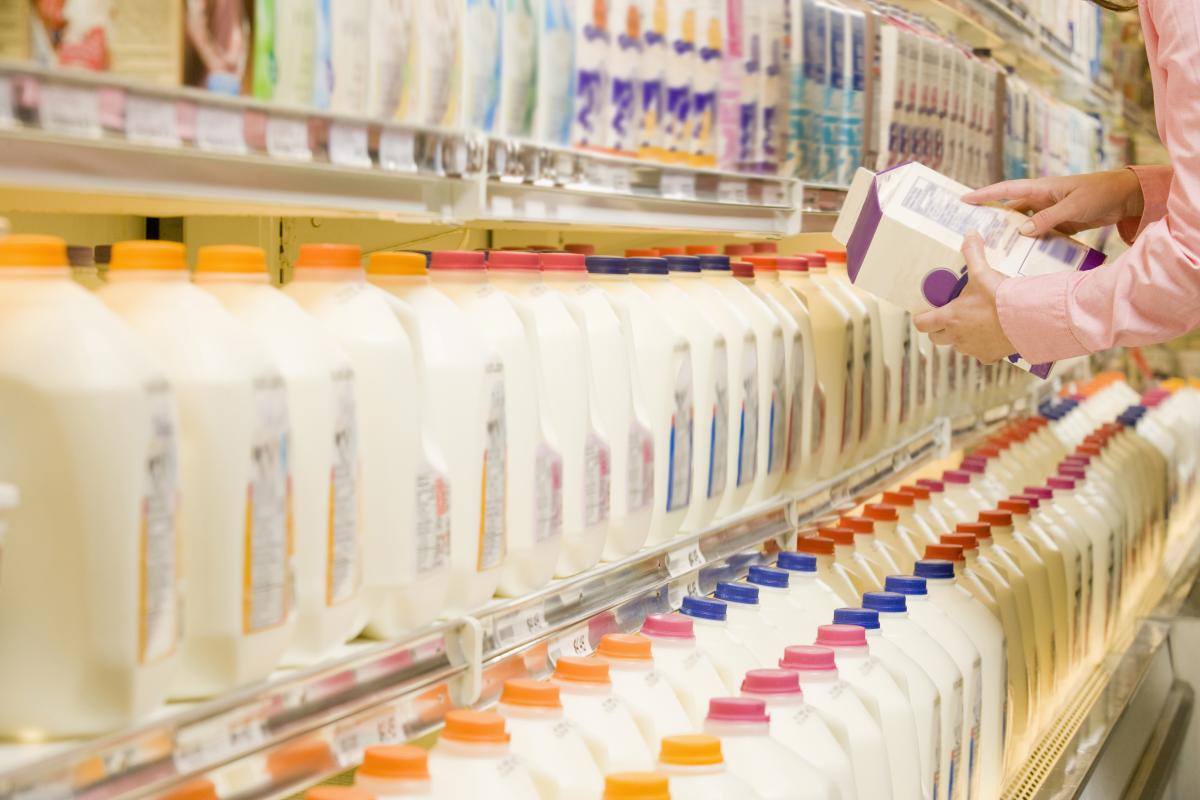 At the beginning of May, the U.S. Department of Agriculture (USDA) released its proposed regulatory standard for the labeling of bioengineered food. The proposal, which will now undergo a 60-day comment period, reflects much of the input provided by National Milk to ensure that consumers receive accurate information about the sources of their food.
At the beginning of May, the U.S. Department of Agriculture (USDA) released its proposed regulatory standard for the labeling of bioengineered food. The proposal, which will now undergo a 60-day comment period, reflects much of the input provided by National Milk to ensure that consumers receive accurate information about the sources of their food.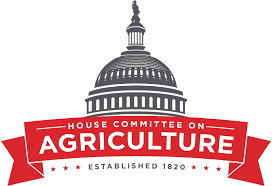 The House Agriculture Committee has approved a draft of the 2018 Farm Bill that contained several NMPF-backed dairy policy improvements. This is an important first step in efforts to enact a new Farm Bill before the current one expires this fall.
The House Agriculture Committee has approved a draft of the 2018 Farm Bill that contained several NMPF-backed dairy policy improvements. This is an important first step in efforts to enact a new Farm Bill before the current one expires this fall.




